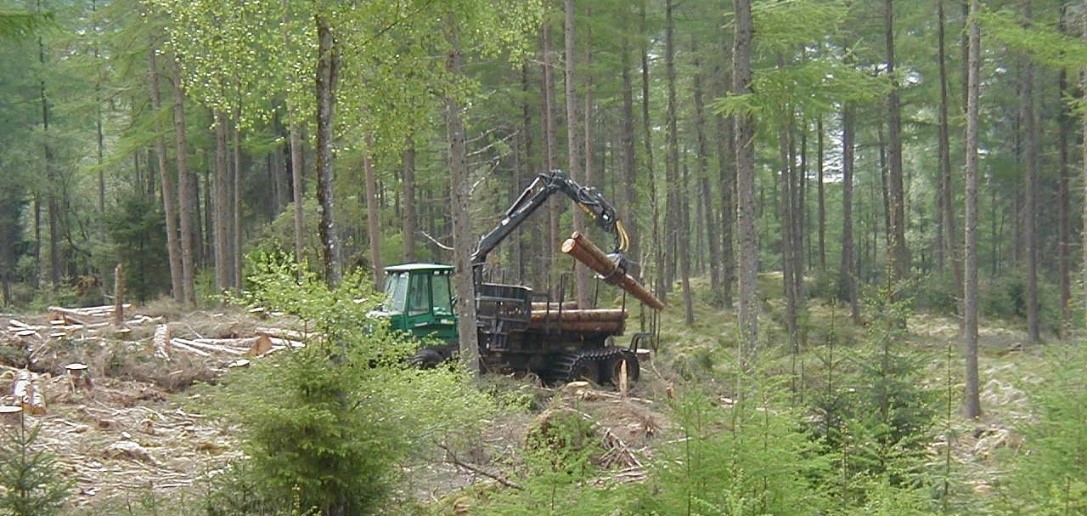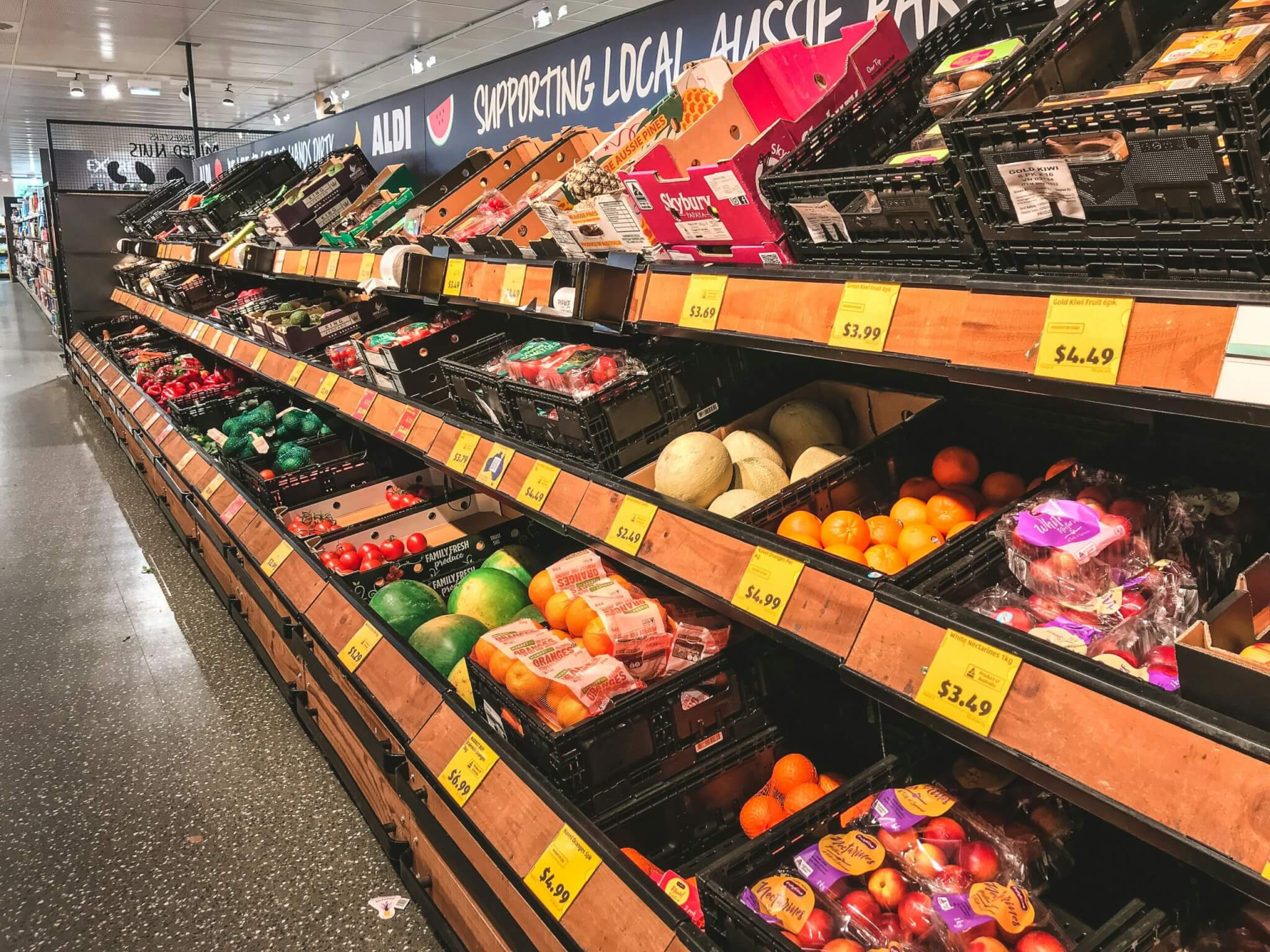A farmer-led tree revolution will help meet tree planting targets, restore habitats and carbon stores with the potential for additional income for farmers, a new report has said.
A timely new Regenerative Forestry report from organic certifier The Soil Association has outlined how mixed tree species, agroforestry (integrating trees into farmland) and sustainable forestry techniques are needed if tree planting is to scale up at the level required.
It comes as farmers are being offered high prices to sell land to companies wanting to use tree planting to offset, prompting experts to warn that simply planting trees in monocultures, or without any forestry skills, will not succeed.
There are major plans for tree planting across the whole of the UK, where tree cover is only 13 per cent, and the government wants to increase this to 19 per cent by 2040. Meanwhile, trees are one of the only currently verified ways to offset carbon via the Woodland Carbon Code, meaning there is something of a gold rush of private companies wanting to buy land, including farmland, to offset their emissions and meet net zero pledges.
Farmers in Wales made the national news last week after reporting a series of cold calls from land agents with offers to buy their land from corporate clients, who want to turn it over to tree planting.
But farmers and sustainable forestry experts have raised fears that this risks dissolving farming communities and livelihoods, while planting trees with no knowledge of forestry means there is little chance they will survive. Farming unions and farmers reacted with worry that this trend could erode farming communities and livelihoods across Wales.
Jez Ralph, founder of sustainable forestry consultancy Timber Strategies, said: “We need more trees, everywhere, for so many benefits to ecology and landscape and society. But planting trees requires care, it requires thinking 50 years into the future, it means thinking about what you want out of the woodlands, what the priorities are: habitats, carbon, timber, soil health, flood prevention.
“We have more than enough unmanaged woodland in the UK, we don’t need anymore. What we do need more of is well managed diverse, ecologically rich forest that is an asset to the landscape and society. If there is no plan for long-term management, perhaps it’s best not to plant it?”
Facing delays and uncertainty and delay in detail about exactly what farmers will be paid for under the new agriculture subsidy scheme, farmers who want to plant trees have begun to self-fund or trial their own agroforestry schemes.
Harriet Bell, regenerative farming lead at organic veg box company Riverford, said: “As of this year Riverford has already started to increase our coverage of agroforestry, thanks to the support of our customers and suppliers, and we’re fully behind the Soil Association’s call for a farmer-led tree revolution.
“What we’ve learnt from our own experience however is that it’s not just that we need government to unlock greater capital support for agroforestry, rather than just woodland alone, we also desperately need funding for training.
“Undertaking to plant, manage and harvest trees can require that farmers learn a new set of skills to deliver agroforestry projects or actively manage farm woodland. Farmers need funding and opportunities to build the technical knowledge forestry demands so that they’re fully equipped to lead this revolution.”

In its new report, the Soil Association said regenerative forestry practices, such as more effective integration of farming and forestry, increasing the number of tree species in commercial forests, and protecting forest soils, offers the “best chance to restore nature and achieve net zero carbon emissions in the UK”.
It also highlighted the opportunity to produce ‘climate-friendly materials’ like timbre and fibre in the UK, where the vast majority are currently imported.
“Government needs to move beyond the tree planting rhetoric to support a more integrated approach to land use in the UK,” said the Soil Association’s senior policy advisor for forestry, Clive Thomas.
“This means working with the forestry industry to create more productive and sustainable forests, putting farmers into the driving seat to achieve a UK tree revolution planting a very significant number of additional trees on their land, and the widespread adoption of agroforestry – so creating tree abundant landscapes.”
In response to the news that some farmers are being offered to sell up to make way for trees, Thomas said: “The Soil Association believes there are many opportunities to integrate more trees and woodlands into farming systems, with either neutral, or in many cases positive, impacts on farming productivity. These productivity gains include opportunities for farmers to generate carbon credits from the creation of new farm woodlands, without the need to sell their land.
“This approach can help farmers remain in control and either use these carbon credits to achieve their own net zero plans or contribute to supply chain net zero plans that they are part of.”













It’s quite frightening reading. The thought of Corporate organisations being let loose on the land to plant trees everywhere without knowledge or management skills. Oh dear,
I think this is an accurate outline of what is happening right now with corporations taking advantage of tree planting in the UK: https://www.monbiot.com/2022/01/31/carbon-colonialism